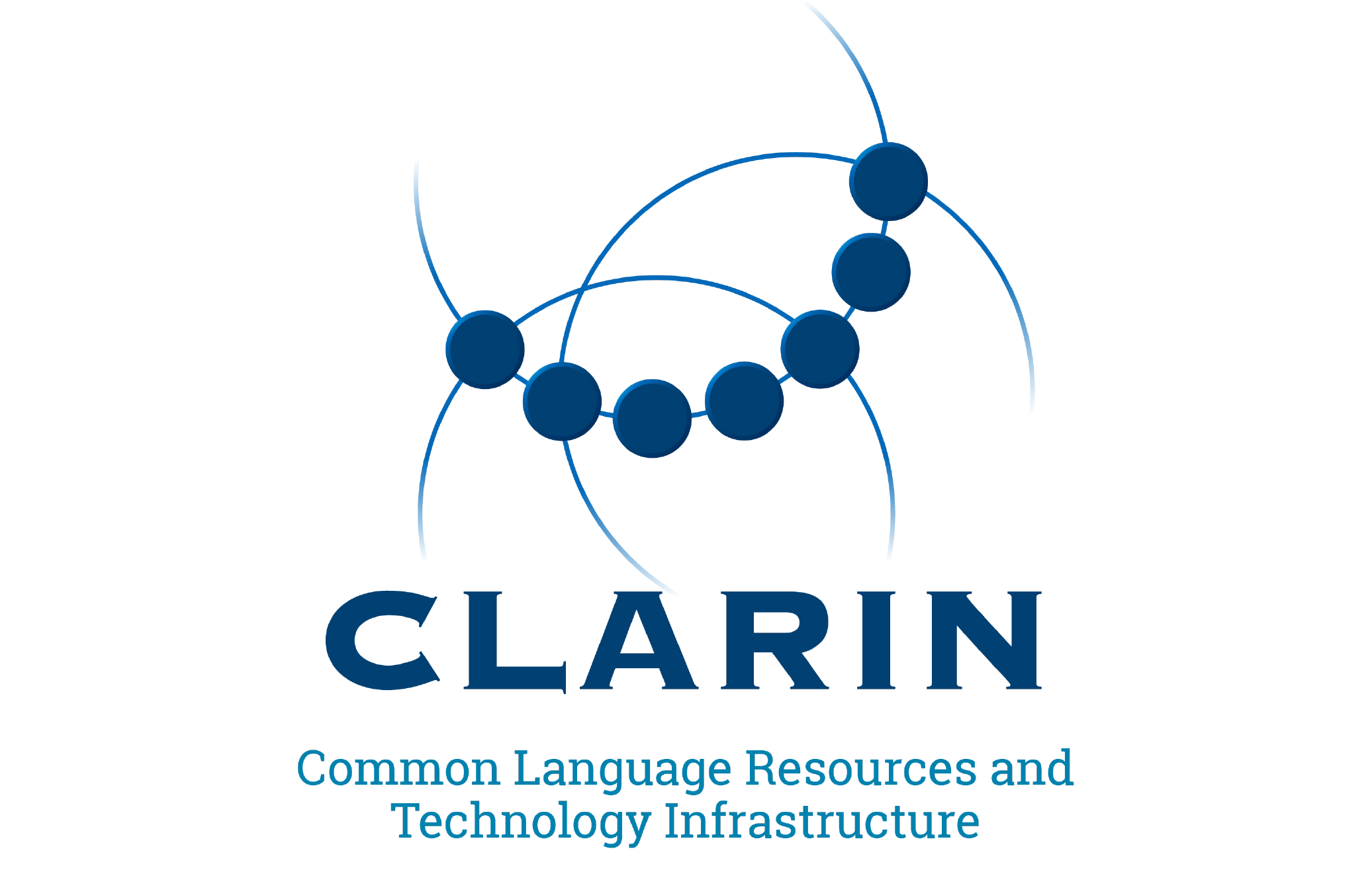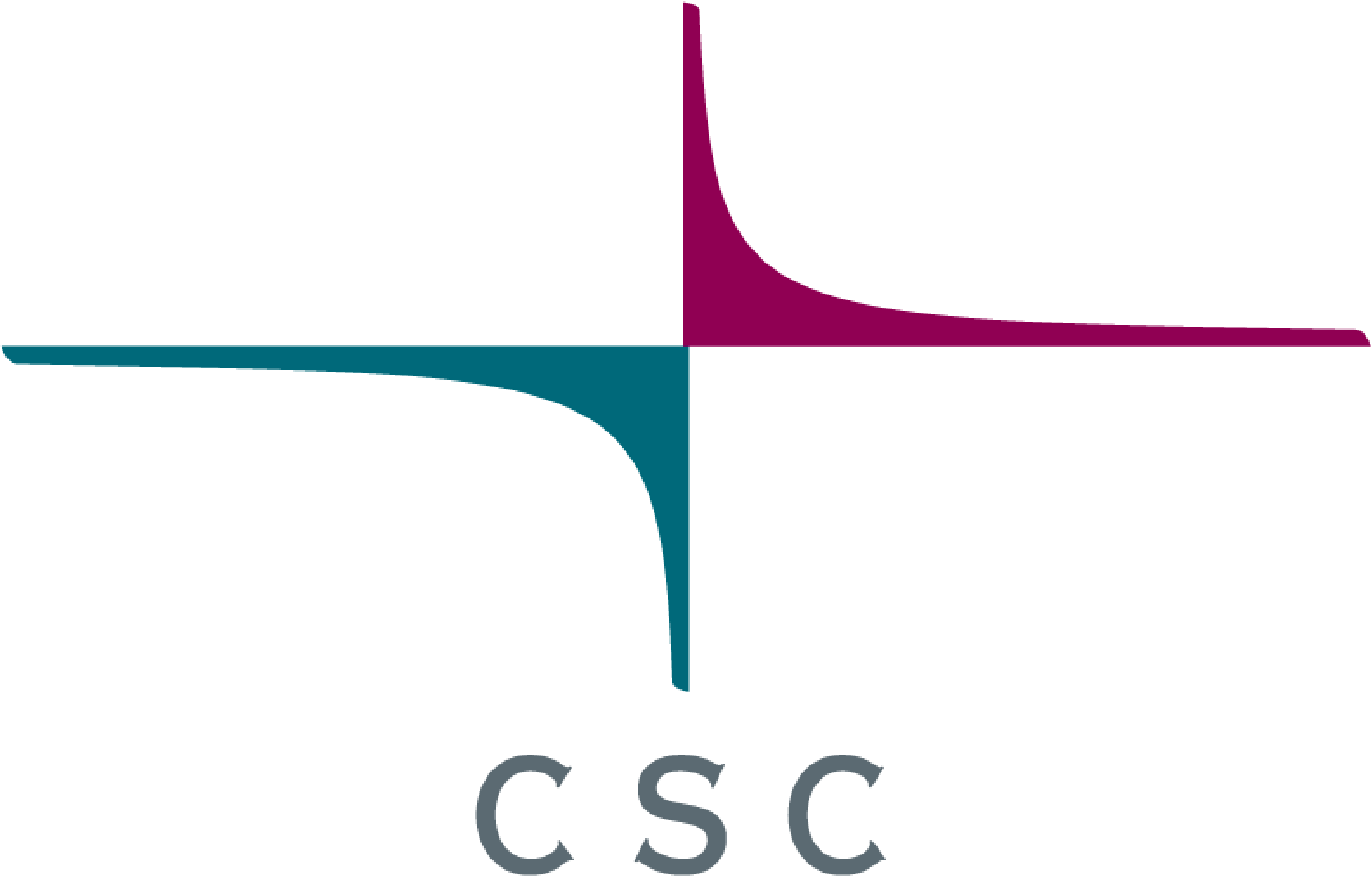
Overview
MSCR is a registry to support research data management, which allows registered users and communities to create, register and version metadata schemas and crosswalks with resolvable identifiers.
The published content can be searched, browsed and downloaded without restrictions. It also provides an API to facilitate the management of contents and transformation of data from one schema to another via registered crosswalks.
The key focus of MSCR are:
-
Providing a registry for existing schemas and crosswalks
-
Creating a tool for defining and describing crosswalks between existing schemas
-
Facilitating the transformation of (meta)data documents using crosswalks created with the MSCR
The implemented MSCR service contributes to the FAIRness of research-related data by making its metadata (schemas) more findable and accessible.
It promotes discoverability, accessibility and re-usability of crosswalks through uniquely identified, uniform and structured mapping sets, and allows crosswalk specifications to be made directly interoperable through artefacts generated for crosswalk operationalisation.
-
Registration of schemas and crosswalks in multiple formats.
The supported formats currently are:
Schemas: CSV, XSD, JSON Schema, RDFS, SHACL, OWL, SKOS, ENUM, and PDF
Crosswalks: SSSOM, Simple Table, XSLT, and PDF -
Basic content management support like resolvable handles, rich metadata, versioning, and provenance information
-
Crosswalk Editor for visually creating crosswalks between metadata schemas
-
Generation of executable versions of crosswalks (e.g. XSLT) to support (meta)data transformation
-
Content creation and management through APIs
-
Integration with Data Type Registry (DTR) to provide custom data types for the metadata schemas and Vocabulary Service to map attribute values to specific vocabularies
-
Notification service to allow users to subscribe to content changes
-
Integration with B2Access AAI for easy authentication
The MSCR facilitates interoperability between information systems on a semantic and technical level through discoverable, accessible and actionable schemas and crosswalks.
By providing an easy-to-use GUI for creating crosswalks, the MSCR attracts users currently relying on project-specific solutions for implementing (meta)data mappings.
The MSCR works on data schemas, vocabularies and other semantic artefacts, and encourages organisations and individual researchers to share, use and reuse crosswalks in a way that can make previously hard-to-find interoperability work in research-related workflows visible in a uniform way (FAIRification).
In a research department the the researchers use a workflow to prepare data after downloading from one or more repositories for further processing which includes translating the metadata using a special conversion script (crosswalk) into another metadata schema needed by the processing software. The department's researchers have from time to make small changes to the script since the metadata schema of the downloaded resources change or requirements of the processing software change, which they document separately, but there is no agreed way to do this nor a need since they are in close contact and inform one-another. However the crosswalk can not be explicitly referred to in publications and also when a bigger project starts with more collaborating researchers, new to the topic, from different departments that plan to use the same workflow but using different versions of the processing software; crosswalk management becomes difficult. The MSCR can help in this situation in a number of ways.
- When depositing the involved metadata schema and crosswalks in the MSCR, it offers basic data management services, issuing a DOI/PID for reference in publications (and other research objects eg. DMPs), metadata for discovery and provenance tracking. The researchers can select from different crosswalk versions and refer to specific versions when needed using a PID.
- new crosswalks can be created on the basis of old existing versions by making use of a special graphic mapping tool, provided by the MSCR, and information about changes is automatically kept.
- The metadata crosswalks are discoverable by other researchers because the crosswalk metadata is being harvested/registered by semantic artefacts catalogues eg. FAIRsharing.
Links
- Beta Release : https://mscr-release.2.rahtiapp.fi
- Source Code: https://github.com/orgs/CSCfi/teams/mscr/repositories
- User Guide: https://cscfi.github.io/mscr-docs/
- Release Notes: https://cscfi.github.io/mscr-docs/mscr/release-notes/
Events
- EuroCRIS pre day on 14th May, 2024 (https://cris2024.eurocris.org/ )
- Submitted Abstracts :https://tt.eduuni.fi/sites/csc-rdi-fileshare/FAIRCORE4EOSC/Academic%20Outputs/
- 3-5 December, 2024 EUDAT Conference ( Sessions and Presentations about MSCR)
- 20-21 February, 2025 FAIRFest ( Sessions and Poster Presentation)
- MSCR UI application available in https://mscr-release.2.rahtiapp.fi where users can login and register semantic artifacts.
- EOSC Beyond AAI is being used for the authentication in MSCR.
- User can register metadata Schemas in MSCR and currently supported formats are CSV, JSON, PDF, SKOSRDF, XSD, XML and SHACL.
- Users can also register already available crosswalks between schemas. Supported crosswalk file formats are CSV, PDF, XSLT and SSSOM.
- Crosswalk Editor where user can create mappings between schemas of different formats. Supported formats that crosswalk editor can currently process are JSON, CSV, XSD, SHACL and SKOSRDF. Created Crosswalks can be downloaded for further use in XSLT and RML format.
- Contents registration can happen either in personal workspace or group workspace which suits the user need.
- Users can search and browse registered schemas and crosswalks available in MSCR Registry with resolvable PIDs. Registered content can also be downloaded for use.








